Since 2009, Samsung Electronics Co has been the most successful smartphone manufacturer in the world. But not anymore. Samsung’s latest financial results for the second quarter 2014 shows the first drop in net profit in three years for the Korean electronics giant. It made a net profit of 6.25 trillion won (US$6.1 billion), down from 7.77 trillion won (US$7.58 billion) last year – a whopping 19.5% drop.
It also recorded an operating profit of 7.19 trillion won (US$7.02 billion) – a 15% drop from previous quarter – on revenues of 52.35 trillion won (US$51.02 billion). The new figures also mean Samsung’s operating profit has dropped almost 25% from the same quarter last year. Samsung blames its poor results on Korean Won’s appreciation. But every Tom, Dick and his hamster knows it was due to the Chinese brands that are eating into its market share.
For example, Huawei and Lenovo, both Chinese brands registered higher market shares in the second quarter 2014 as compare to the same quarter last year. But the new shining star is Xiaomi, obviously. The company announced it sold 26.1 million smartphones in the first half of 2014, a 271% increase over the last year in the same period. And Xiaomi sold a total 18.7 million phones in 2013.
Xiaomi claims revenues of RMB 33 billion (US$5.34 billion, £3.15 billion, RM17.05 billion) during the first half of 2014, a year-over-year increase of 149%. Now the third largest smartphone manufacturer in China, Xiaomi accounted for 11% of total shipments during Q1-2014. The company forecasts it would sell a staggering 60 million smartphones by year end, and as many as 100 million units by end of 2015.
Recently, in what appears to be a copycat in broad daylight, Xiaomi announced its 4K-capable Mi TV2, a router, the Xiaomi Box similar to Apple TV plus Mi Pad. Not only Xiaomi were so obsessed with Apple that it copies almost everything from its products to store designs, its Steve Jobs wannabe CEO Lei Jun was also seen wearing a black top and blue jeans and uses Jobs’ iconic “One More Thing …” during the latest Mi 4 release.
That’s fine, because Chinese products are known to be the best copycat on planet Earth, even better than Samsung. Xiaomi’s business model is pretty simple – copy everything from Apple but sell them at a fraction of the price and voila, the products sell like hotcakes to the budget consumers. And for this reason, Xiaomi is cannibalizing Samsung in every angle – left, right, centre, top and bottom.
But there’s one thing you’ve to be cautious before buying Xioami products. Apparently, a Hong Kong IMA Mobile forum user – Kenny Li – unexpectedly found something very disturbing in Xiaomi Redmi Note. The popular phone is sending user data – including SMS messages, photos and other information – back to servers in China, without the users’ permission.
The unauthorized transmission of such data happens whenever the Redmi Note is connected to WiFi, while the data transfer is much slower on 3G. Strangely, even if you root the phone and flash it with a different firmware, the data transfer still persists in the background. This simply means this phantom process is somehow hardcoded into the device. Interestingly, even if you switch off Mi Cloud service, your private data still get transmitted to China.
Now, why would such process be hard-coded in such a way if not to spy or steal your private data? Using port 80, the recipients were traced to Forest Eternal Communication of which the owner is CNNIC – the administrative agency responsible for Internet affairs under the Ministry of Information Industry of the People’s Republic of China. It’s a public knowledge that the Chinese government monitors every single bit of information flowing in and out of the country.
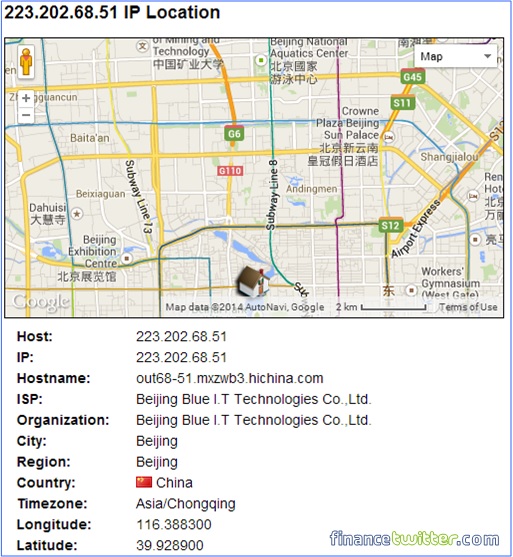
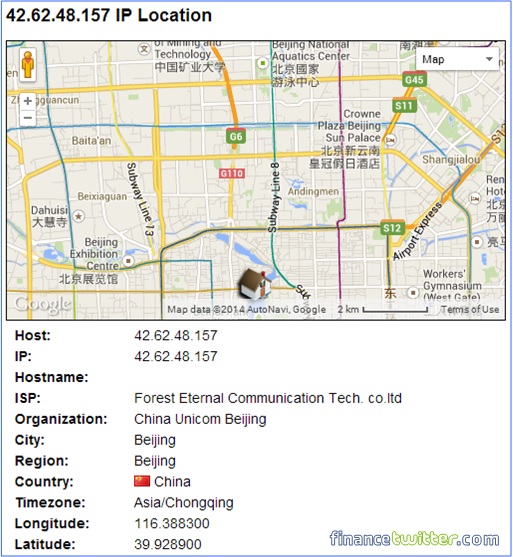

It seems there’s a price to pay for buying cheap Xiaomi phones. Of course, you may argue that iPhone and other Android phones also work hand in glove with the United States government to spy on users in a similar way. The difference is perhaps while the United States do it secretly, the Chinese government is doing it openly (or rather stupidly?). Whatever the reasons, you should not store your personal information on Xiaomi phones.
Now, the temporary workaround to block such unauthorized data transmission is pretty simple. You can block the IPs that the phone is sending to in your router. But since you don’t have control over other routers such as free WiFi at McDonald’s or Starbucks, you can root your phone using terminal emulator and issue the following commands:
-
su
-
iptables -A OUTPUT -d 42.62.48.0/24 -j DROP
-
iptables -A INPUT -d 42.62.48.0/24 -j DROP
The above will set a rule into your phone’s routing table to drop all packets coming from and going to the mentioned IP addresses. Apparently, this planted “trojan horse” also happens in Xioami Redmi 1S as well, and could affect other models such as Mi 3 or Mi 4. So, treat Xiaomi phones as another untrusted smartphone and never do any banking or financial transactions.
Other Articles That May Interest You …
- Here’s Proof That Apple Deliberately Slow Down Its Old Models, Before A New Release
- The Pirate Bay Is Making It Easier To Download Movies On SmartPhones
- 10 Companies That Control Almost Everything You Buy & Eat
- 25 Famous Logos With Secret Hidden Messages
- Beware! Here’s How Government’s Spying On You, Legally
- Sold Out In Less 30-Sec, Here’s Proof Xiaomi Bluffs

|
|
July 31st, 2014 by financetwitter
|


|

|

|

|

|

|






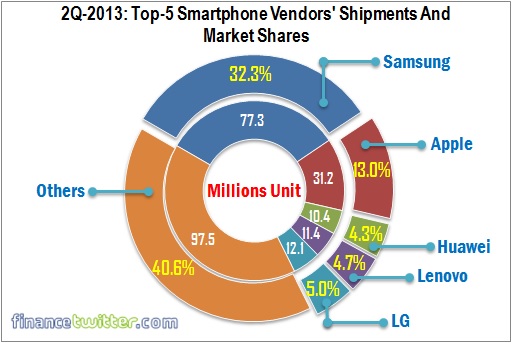
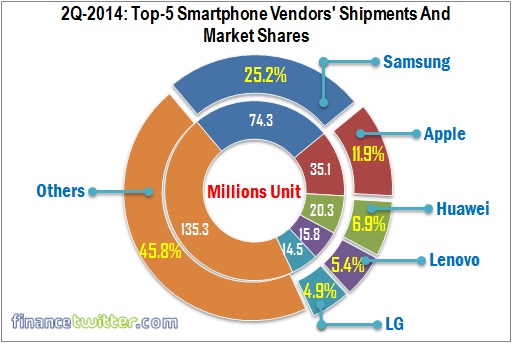
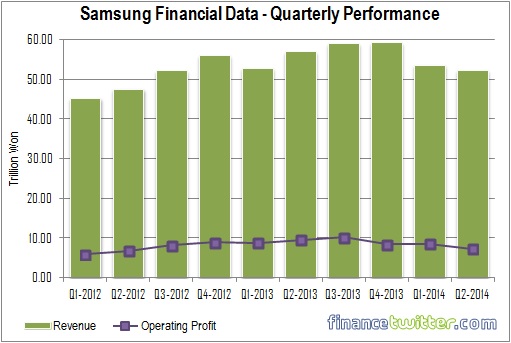



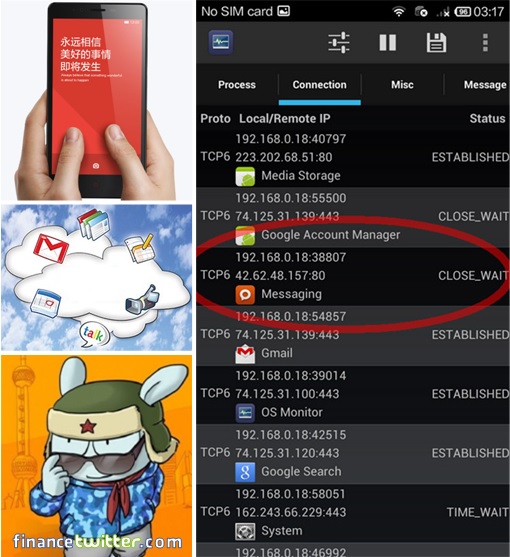
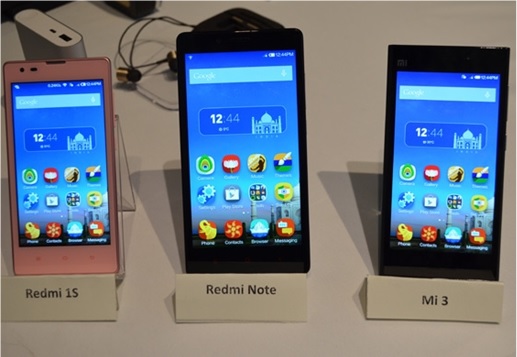






















Comments
Add your comment now.
Leave a Reply